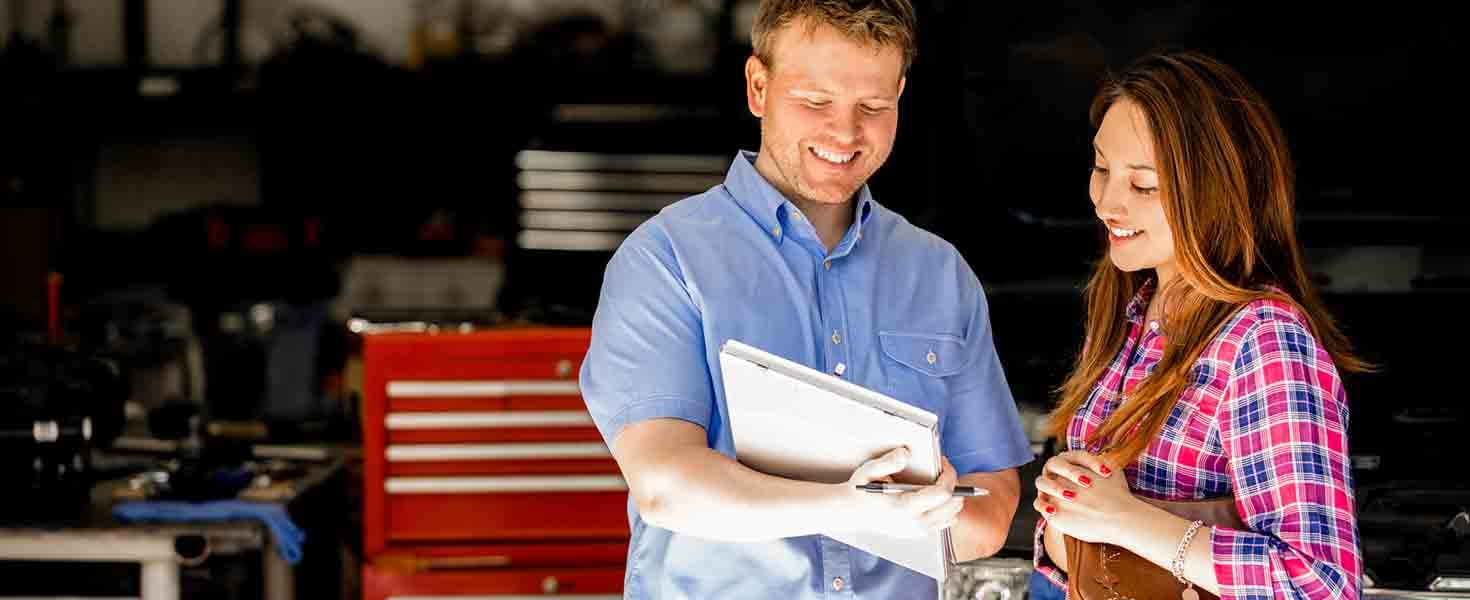

When you look at an auto repair bill, you expect to see two major components—parts and labor. But there are sometimes a few miscellaneous items that can cause confusion. As an advocate for our Members, we want to arm you with the knowledge you need to understand your entire bill. To help you avoid any confusion, we’ll explain a few common fees you may find on your repair bill:
Hazardous waste disposal fees/environmental recycling
While this fee can vary in different states, counties, and cities, most repair shops are required by law to dispose of motor oil and other fluids in a manner safe for the environment.
Shop supplies
These supplies include solvents, cleaners, rags, brake cleaner, and the like. Some repair shops charge a flat fee for shop supplies, while others itemize the fee.
Tire recycling
Many states require repair shops to recycle old tires whenever they install new tires.
Flat fees
This fee typically refers to a service that isn’t itemized into parts and labor, such as wheel alignment or balancing tires.
Inspection fees
This fee is incurred when a technician does basic testing on the engine, battery, and tires.
Diagnostic fees
If the technician has to use the shop’s mechanical or computer equipment to identify the source of your car’s malfunction, this fee might appear on your bill.
Keep in mind, too, that no repair shop should do any repair that you didn’t authorize. When you get your estimate, be clear that you won’t pay for any unauthorized repairs. If the mechanic finds something that needs repair while working under the hood, a representative from the shop needs to contact you first for approval to proceed with the work.
Also remember that an estimate is a ballpark figure, and usually, the final price is slightly higher or lower than the estimate. If the final repair cost is more than 10 percent higher than the estimate, however, have a discussion with your mechanic about the discrepancy, and make sure you haven’t been overcharged.
